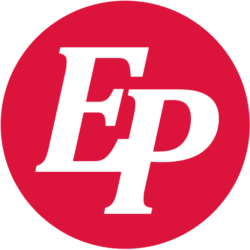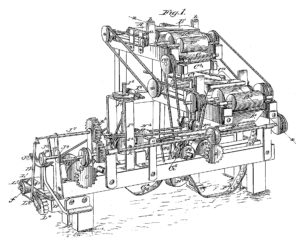Effects of the European patent in Contracting State
The patent granted by the European Patent Office shall have the same effects, as the national patents granted in Contracting states.
The European patent shall have the effects in the Contracting State as from the date, when the grant of the European patent was announced in the European Patent Bulletin.
The proprietor of the patent shall be obliged to
- submit to the Office the translation of the patent specification to the national language within 3 months since this date, and
- to pay the administrative fee for the publication
In the same time, the proprietor of the patent shall be obliged to
- submit to the Office the address in the Contracting State, where the official notifications concerning his patent are to be sent.
The Office shall announce the grant of the European patent in the Bulletin and publish the translation of the European patent specification.
If the translation of the European patent specification to the national language is not submitted within the period specified above, the proprietor of the European patent may submit it in the additional time limit of 3 months, provided that he will pay the administrative fee according to the special regulation.
If the translation of the European patent specification to the national language is not submitted even within the additional time limit according to the above paragraph, the European patent shall be considered in the Contracting State as null and void from the outset.
After the announcement of the grant of the European patent in the European Patent Bulletin, the Office shall enter the European patent to the National Register of European patents with the data.
Extent of protection from the European patent
The text of the European patent in the language of the proceedings before the European Patent Office shall be decisive for the determination of the extent of protection conferred by the European patent; nevertheless, if the extent of protection conferred by the translation of the patent specification, submitted to the National Office of the Contracting State is narrower than in the language of proceedings, third parties can refer to this translation.
The proprietor of a European patent is entitled to submit to the Office the corrected translation of the European patent specification to the national language. The corrected translation shall have effects instead of the original translation as from the publication of the corrected translation by the National Office; the proprietor of the European patent shall pay the fee for the publication according to special regulations.
The rights of third persons, which on the territory of the Contracting State in good faith have used or have realised serious and effective preparations to use the subject-matter, which pursuant to the translation valid in the period before the publication of the corrected translation by the National Office was not covered by the extent of this European patent, are not affected by the delivery of the new translation.
Prohibition of the simultaneous protection
If the national patent is granted to the invention, to which the European patent has been granted with the same right of priority to the same proprietor of the patent or his successor in title, the national patent shall cease to have effect to the extent that it is identical with the European patent, from the date, on which the period for filing the notice of opposition to the European patent expires without such notice being filed, or the date of entry into force of the decision, by which the European patent has been maintained in the opposition proceedings.
The national patent shall not have effects to the extent that it is identical with the European patent, if it was granted after the expiry of the period for filing the notice of opposition to the European patent without such notice being filed, or after the date of entry into force of the decision, by which the European patent has been maintained in the opposition proceedings.
The provisions mentioned in the above two paragraphs shall not be affected by the revocation of the European patent.

